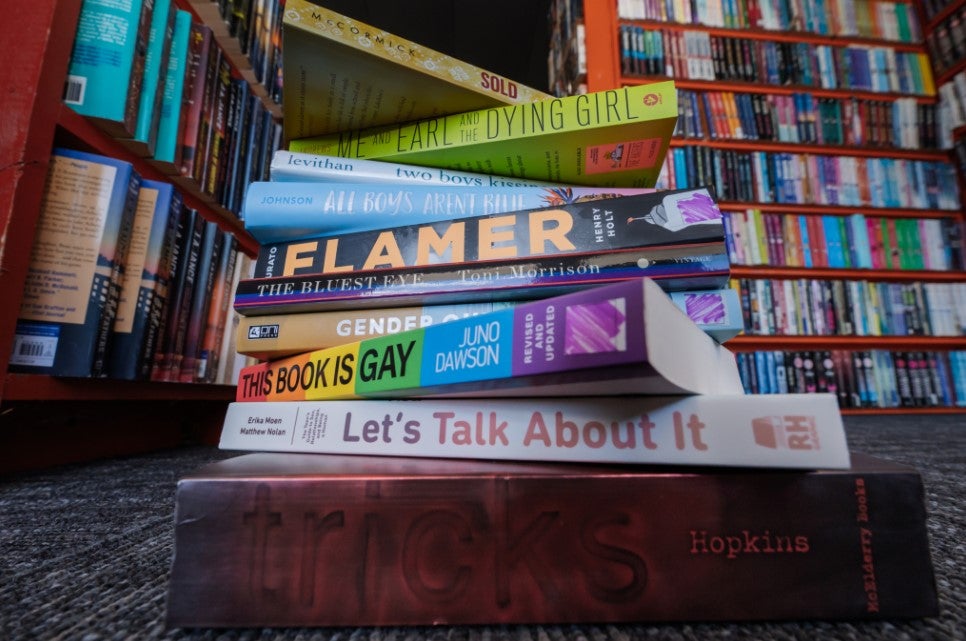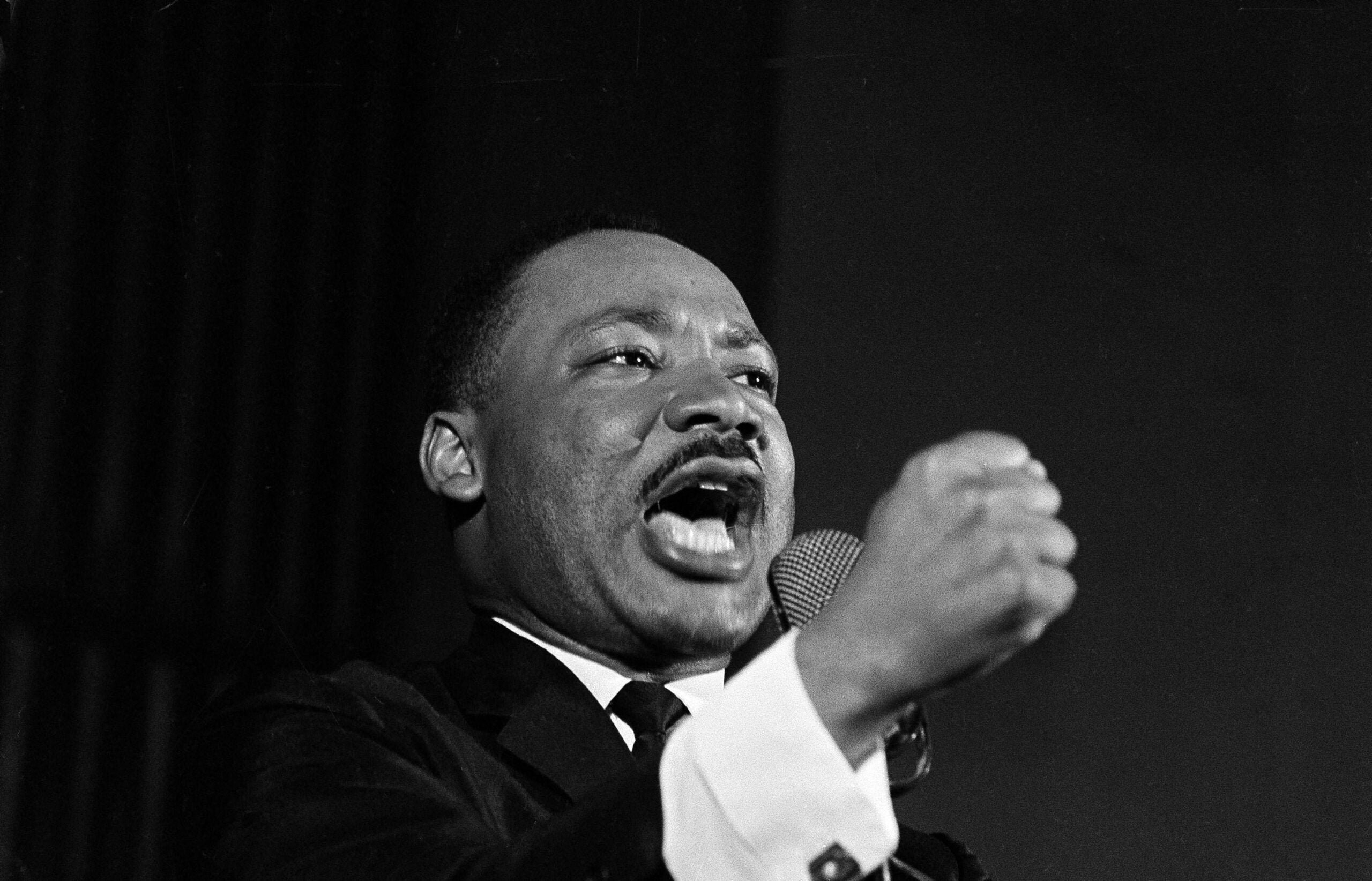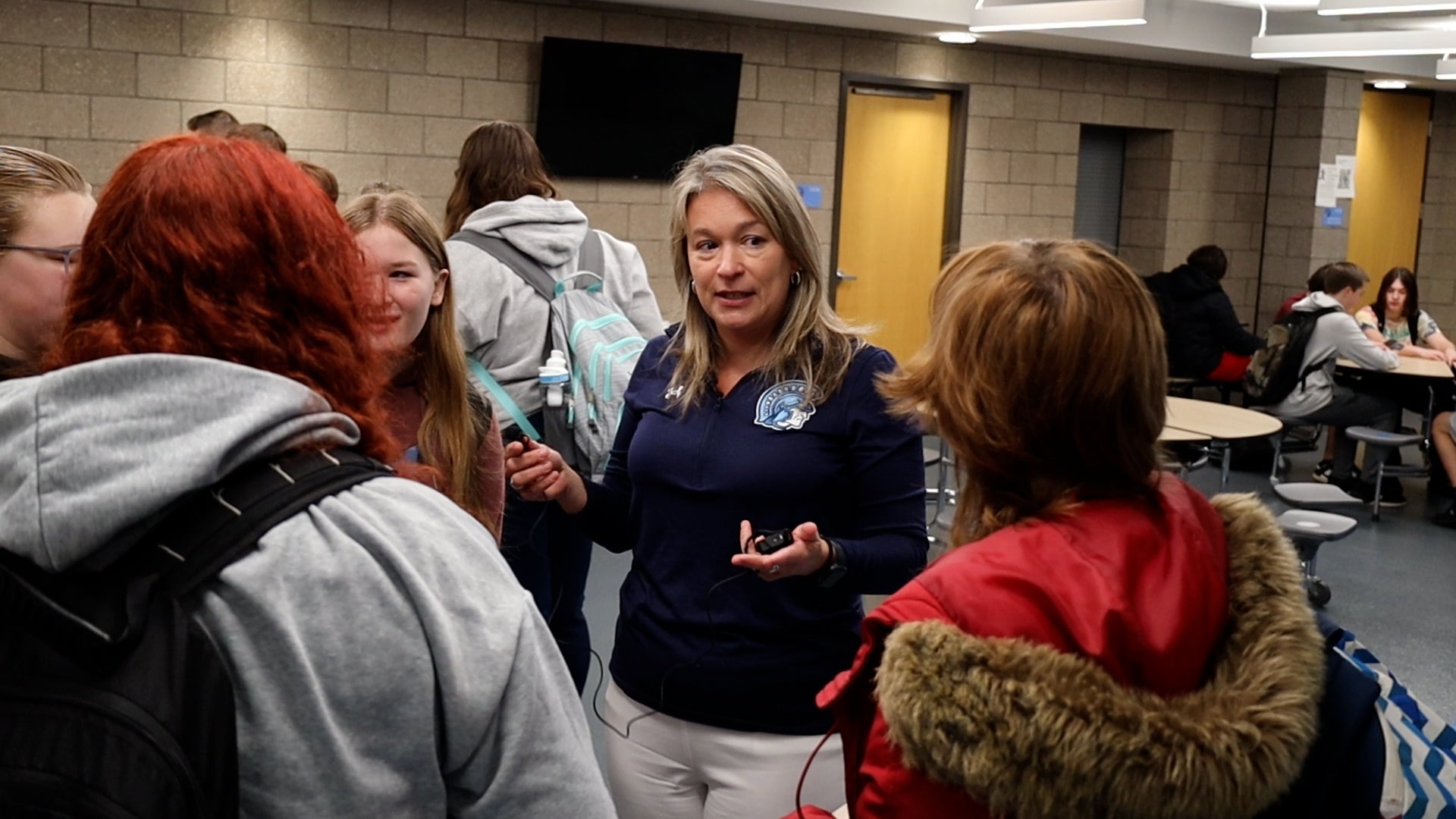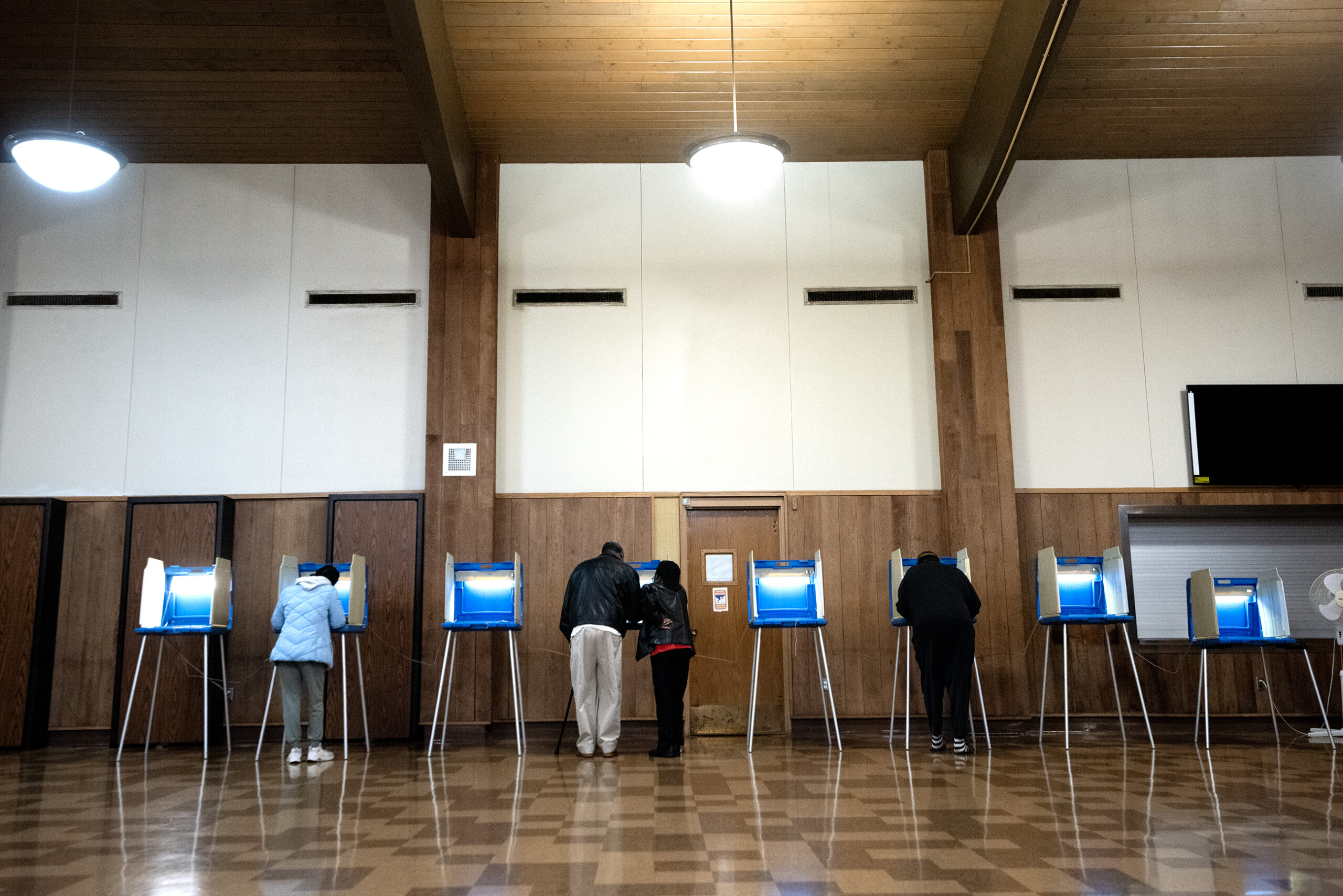Since their inception, public libraries in the United States have faced challenges over books deemed obscene or inappropriate for some audiences, as well as those that offer political positions some individuals may disagree with.
There has been a flurry of challenges recently to public school libraries, particularly over books about gender and race.
Rachel Hale is a reporting intern with Wisconsin Watch who did a deep dive on book challenges in Wisconsin school districts statewide between 2020 and 2023, including in northwest Wisconsin.
Stay informed on the latest news
Sign up for WPR’s email newsletter.
She found challenges in about a quarter of the districts statewide. She spoke with WPR’s Robin Washington on “Morning Edition” about her findings.
This transcript has been edited for brevity and clarity.
Robin Washington: Overall, what was the incidence of book challenges statewide?
Rachel Hale: We saw that there were 106 districts that had either some sort of questions about books or efforts to remove them, which is about 1 in 4 districts across the state. That puts Wisconsin at a higher percentage than many other states.
RW: Who made the challenges? Was this an organized effort or were they individual actions, or both?
RH: It was often members of organized conservative groups that facilitated removal requests. The largest groups involved were Moms for Liberty, No Left Turn in Education, Wisconsin MassResistance and Parents Rights in Education. This matches what we see with national trends.
RW: Book challenges have been going on practically since libraries were invented, and it’s not only from the right-wing politically. Challenges from the left have included those targeting “Huckleberry Finn” for its use of the N-word. Did you look at ideology or did you simply ask if there were any challenges?
RH: In most districts, there were formal request forms that requestors needed to fill out to challenge a book. Often part of that was their rationale for why they wanted the book removed. That often illuminated people’s thoughts behind the requests.
RW: What books were top on the challenge list?
RH: We frequently saw books that dealt with LGBTQ or racially charged storylines. Every book in our top list was some sort of coming of age story. These included “All Boys Aren’t Blue,” a memoir by George M. Johnson about growing up a queer Black man. We also saw some books like “Lucky,” which deals with traumatic sexual assault.
The top requested book was “Gender Queer.” Some people cited as rationale that the book aimed to “indoctrinate, corrupt, pervert and deceive children, tell children they can be queer or teach kids to become pedophiles and sex offenders.”
A common thread throughout most of these requests was that parents wanted to discuss topics about race, gender or sexuality with their own children instead of seeing them be breached in school.
RW: What did you find in northwest Wisconsin?
RH: Northwest Wisconsin was not a hotbed for removals. I found that none fielded requests. Superior was one of two districts that declined to fulfill our request by refusing to waive copying fees of $64 to Wisconsin Watch.
Otherwise, the districts in Douglas, Ashland, Bayfield, Iron, Burnett and Washburn counties did not have challenges. That might not be the case in public libraries in those areas, but it is true of the school libraries. I would say challenges were most prevalent in southeast Wisconsin.
RW: But your report does include an asterisk regarding our area.
RH: The Polk County Moms for Liberty Group requested the Amery School District to review two books. Amery is about two hours south of Superior.
Superior responds to declining request
Superior School Superintendent Amy Strazecki spoke with Washington after the interview with Hale to explain her district’s decision not to waive to Wisconsin Watch a cost of $64 to obtain the materials.
“We’ve had a significant influx of public record requests,” Strazecki said. “Our policy is that we treat all public requests the same. In this case, it wasn’t so much about copying fees (as much as it was researching) emails and other electronic communication, which is rather time-consuming.”




